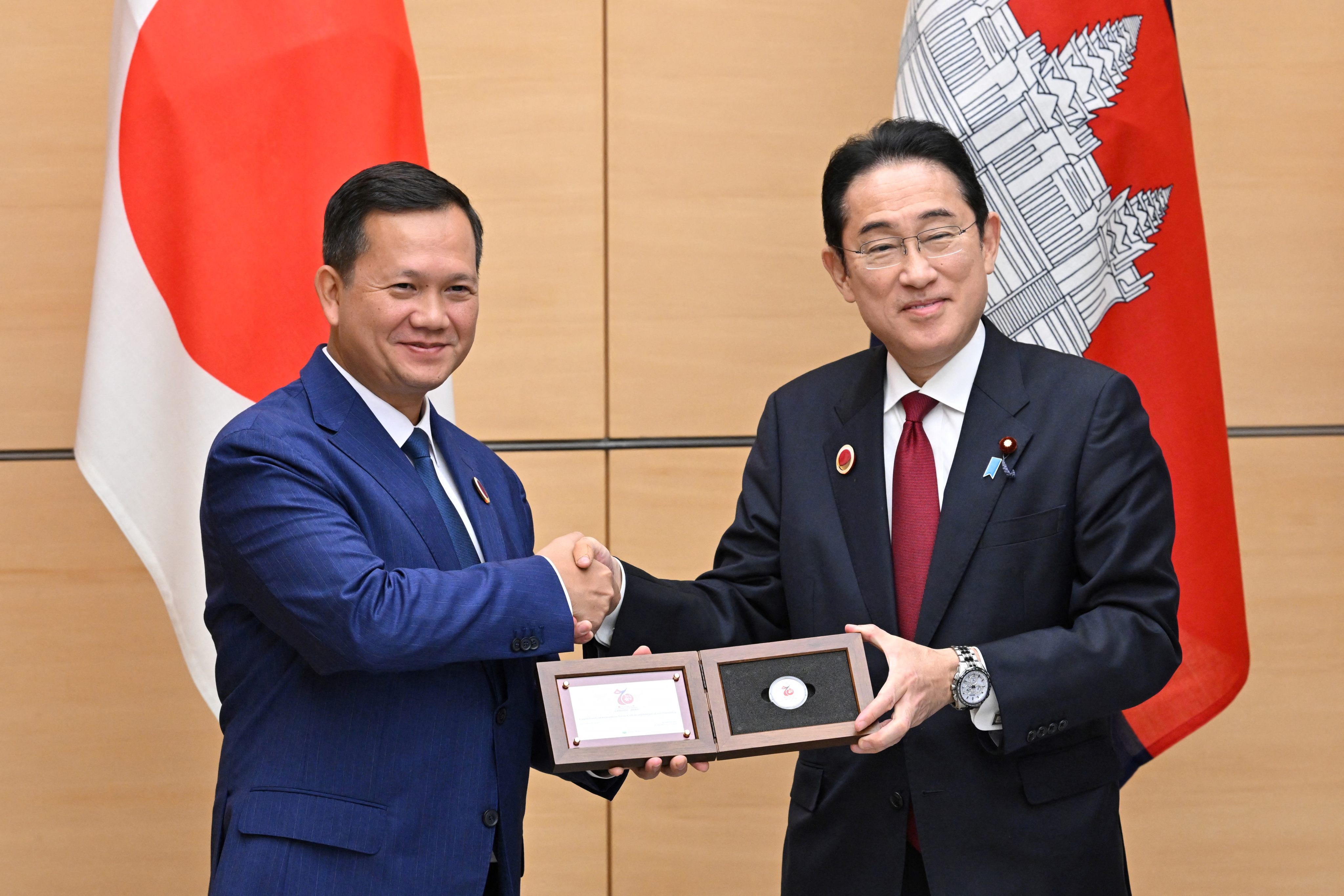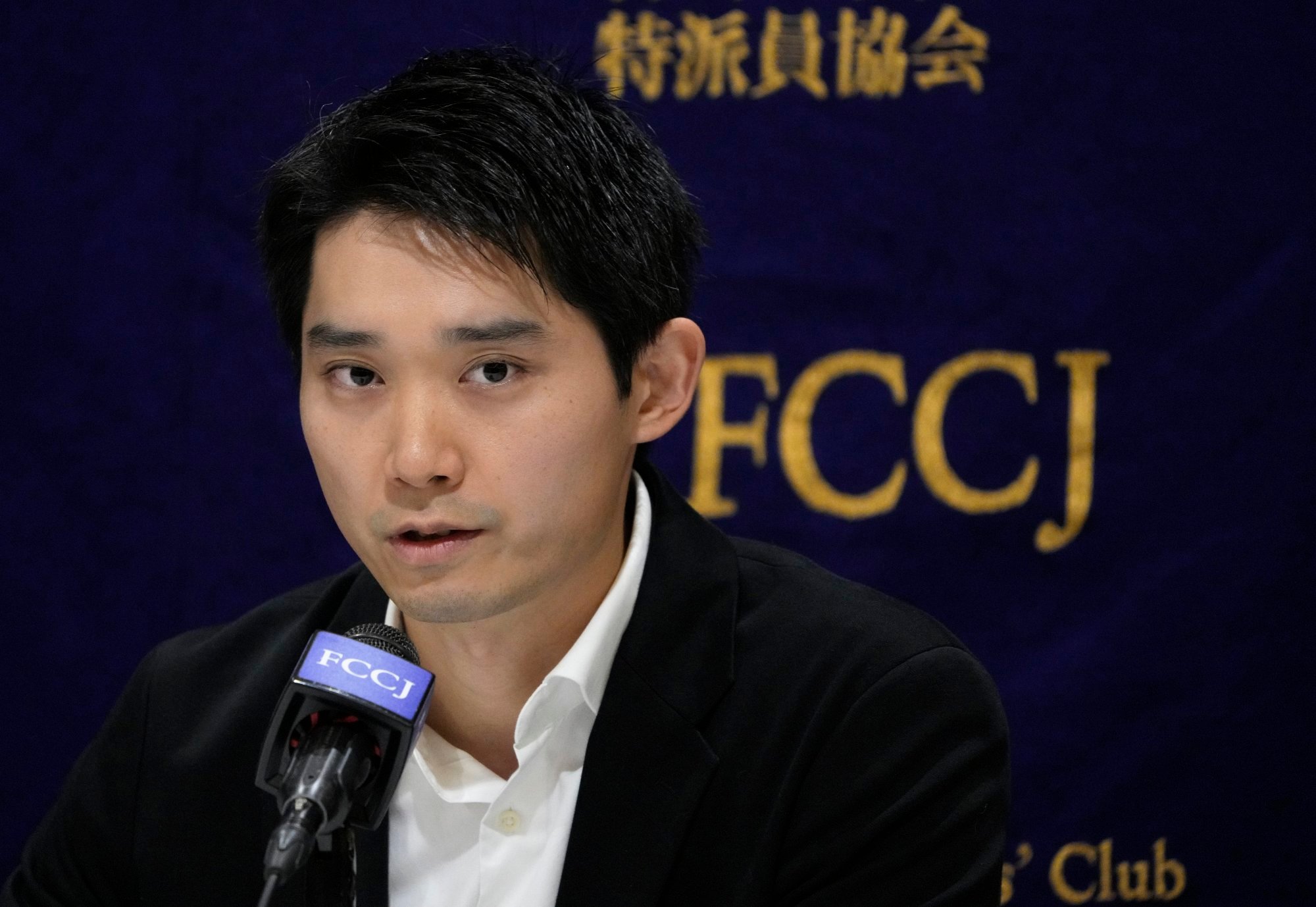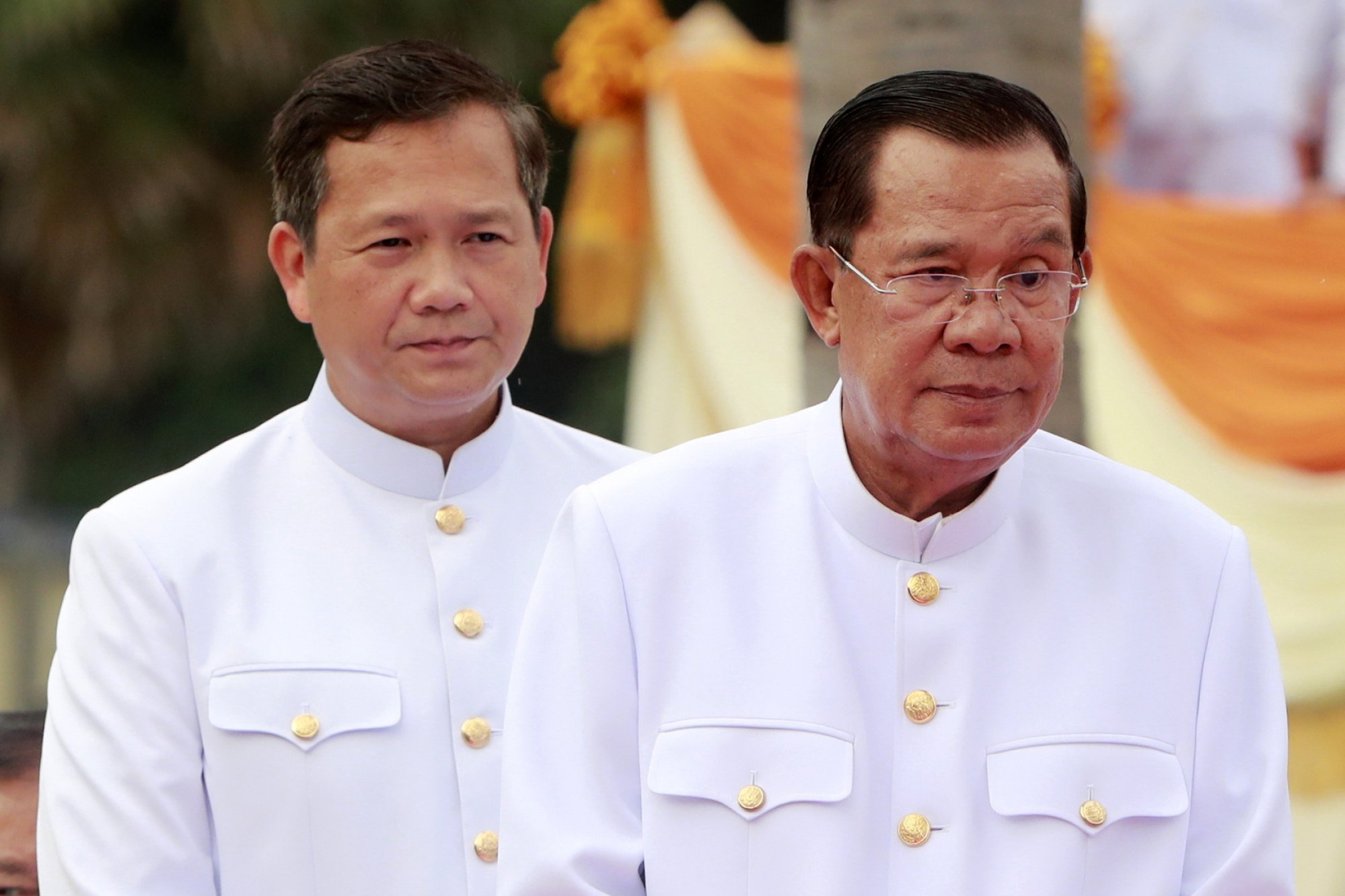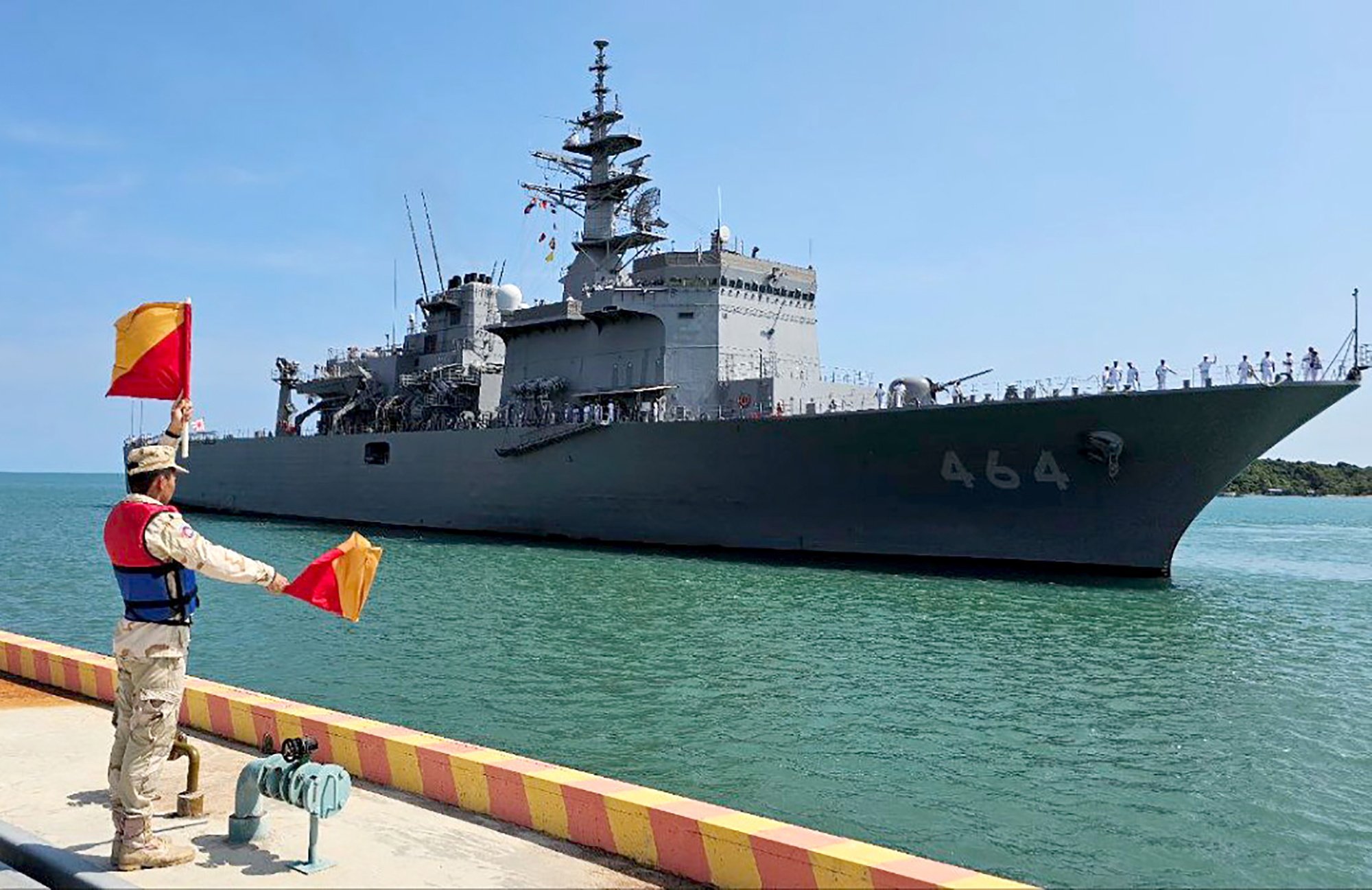Japan urged to confront Cambodia’s human rights record when Hun Manet visits
Campaigners argue that Japan’s ‘softly softly’ approach emboldens Cambodia, calling for a firmer stance on rights during the PM’s visit

A prominent advocacy group is urging Tokyo to confront Cambodia over its political repression during Prime Minister Hun Manet’s visit this month – though observers predict Japan is unlikely to risk diplomatic friction with Phnom Penh at a time of rising regional competition with China.
In a letter addressed to Japanese Prime Minister Shigeru Ishiba, Human Rights Watch (HRW) called for Tokyo to raise concerns about Cambodia’s sweeping crackdown on civil liberties, citing restrictions on labour rights, press freedom and the harassment of dissidents abroad – including some currently living in Japan.
“It is, unfortunately, unusual for a Japanese government to raise human rights issues when they meet senior officials of other governments,” Teppei Kasai, Asia programme officer for HRW Japan, told This Week in Asia. “But we do know that Japan has raised concerns through its periodic human rights reviews.”
Kasai said he was “hopeful” that Tokyo would address the issue privately during Hun Manet’s visit, even if such discussions do not make it into official meeting agendas or post-visit summaries.

Hun Manet, who succeeded his father Hun Sen as Cambodia’s prime minister in 2023, has continued a campaign to suppress dissent, HRW says. The group has flagged a litany of rights violations, including restrictions on peaceful assembly, limitations on workers’ rights to join labour unions and the arrest of political opponents.
“As a major donor country and a major trading partner, Japan should make it clear that if the Cambodian government does not stop repressing its own people, we cannot continue our relationship as usual,” Kasai said.
“Under the Hun Manet regime, Cambodian authorities are increasingly restricting freedom of expression and the right to peaceful assembly, targeting independent media and arresting and detaining dissidents and government critics for political motives.”
One area of particular concern was the harassment of Cambodian dissidents abroad, Kasai said, highlighting the case of Sun Chanthy, leader of the opposition Nation Power Party, who was arrested in May last year after returning from Japan, where he had rallied critics of the Cambodian government.
Similarly, Teav Vannol, leader of the opposition Candlelight Party, was fined US$1.5 million by a Cambodian court in July for defamation after criticising Hun Manet and his father during a media interview in Tokyo.
The crackdown has extended to family members of political exiles. In August, Cambodian authorities detained Vannith Hay, the brother of exiled activist Vanna Hay, a vocal critic of the controversial Cambodia-Laos-Vietnam Triangle Development Area.
Though Vannith Hay had not expressed an opinion on the scheme, HRW believes his arrest was a calculated move to silence his brother.

Two associates of Hun Sen travelled to Japan in October last year and met Vanna Hay at a hotel in Tokyo, according to Kasai. Later the same day, he recorded an apology video expressing regret for his past actions and pledged loyalty to Cambodia’s ruling party.
A court in Phnom Penh subsequently ordered Vannith Hay’s release, with Hun Sen sharing the video of Vanna Hay’s statement on social media.
Kasai said “Ishiba should publicly call on Prime Minister Hun Manet to immediately halt the intimidation of government critics at home and abroad and to immediately release all those who are being wrongfully detained for exercising their fundamental rights”.
But Japan’s response to such cases has been muted, reflecting its broader diplomatic strategy in Southeast Asia. Michael Cucek, a professor of politics and international relations at Temple University’s Tokyo campus, said HRW’s demands were unlikely to gain traction.
HRW was “doing its job by asking Ishiba to take this matter up – but there is absolutely zero intention of him intervening,” he said.

According to Cucek, Tokyo’s reluctance stems from its desire to counterbalance China’s growing influence in the region. Cambodia, a key recipient of Beijing’s largesse, is seen as a critical player in this geopolitical tug of war.
“Japan is intent on providing a balance against Chinese power, especially in Southeast Asia, as otherwise these countries could extend their already extensive dependence in China,” he said.
Interestingly, Japan’s “softly softly” approach to Phnom Penh may already be yielding results, according to Cucek. In April, two Japanese Maritime Self-Defence Force ships became the first foreign vessels to dock at Cambodia’s new Ream Naval Base – a facility heavily financed by China.
“Clearly the point was that Cambodia is open to having Japan play a role in order that Cambodia can maintain a degree of autonomy from other powers,” Cucek said. “And Japan has the intention of helping with that.”